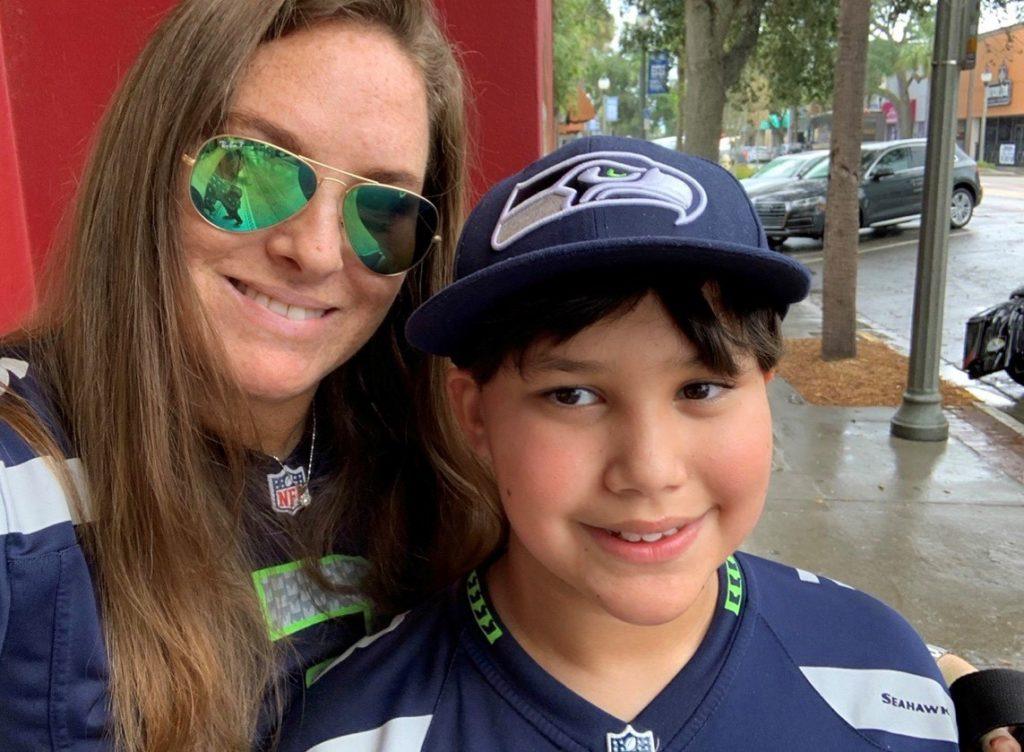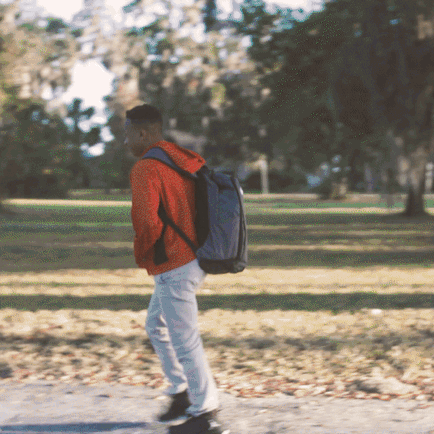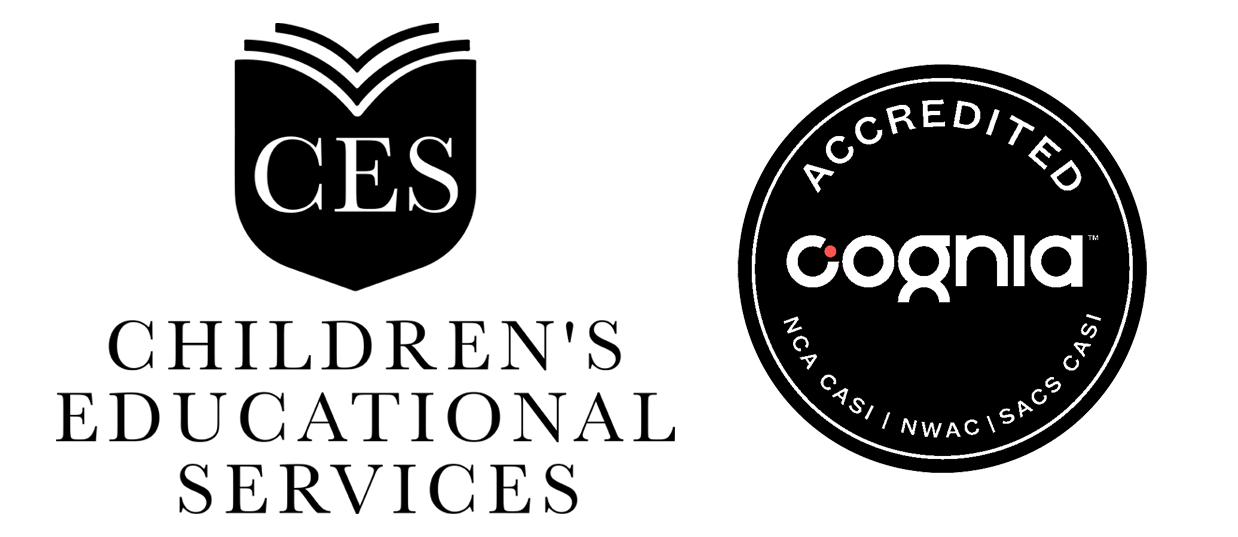
Nine Gardiner Scholarship students on the autism spectrum wrote an essay and gave the world a gift in the midst of the COVID-19 pandemic: free downloadable children’s books and literary classics from Audible.
“It’s definitely the coolest thing I have ever done, honestly,” said Sheryl Bo, who runs Brain Lab Tutoring in Palm Bay, Florida and worked with her students on the essay.
The students, grades three through six, and includes Bo’s son Ethan, a fourth grader, all use the Gardiner Scholarship through Step Up For Students.

The students’ essay (read it here) was emailed on March 13 to Amazon CEO Jeff Bezos asking that Audible books be made available to everyone while schools are closed during the pandemic. It was forwarded to Don Katz, founder of Audible.
After a few emails between Katz’s assistant and Bo, Audible created stories.audible.com, where hundreds of books in six languages are available for streaming worldwide.
“They really stepped up. This was definitely way more than I asked for,” said Bo, who originally asked for credits for those who couldn’t afford the service.
With schools and libraries closed indefinitely, Bo knows many schoolchildren are without access to free books.
“What are these kids going to do? Where are they going to get books? How are they going to keep their reading skills up?” she asked.
She had an idea.
“I’m teaching (my students) the persuasive essay with the punch at the end,” she said. “We have to challenge them. We need a call to action at the end. Will you step up? Will you be a positive influence to other corporations in this crises?”
Her students brainstormed and wrote the essay on Friday, March 13, the first day schools were closed.
The essay began: “Did you know that students with disabilities, like us, need audiobooks for most subjects? It’s true. We are a group of high-functioning autistic students in Florida. We have a private tutor that helps us learn. A lot of us learn best when we can hear the book read aloud because some of us have dyslexia as well.”
It concluded with, “Students like us need Audible to help us learn. … Students who miss reading for weeks at a time will lose out on learning.”
They attached the essay to this email to Bezos:
“Dear Mr. Bezos,
We are practicing writing an essay today with our teacher. We hope that you will read it, because we think that you could really help teachers and kids during this crisis. It’s five paragraphs, so please don’t skip anything. We hope you like our essay!”
On the subject line, Bo wrote, “Will you help kids and schools during this pandemic?”
“I honestly didn’t think I would get a reply,” Bo said. “We were just doing it as a cool assignment.”
But on Monday, Bo got a reply: an email from Maureen Muenster, Katz’s assistant.
“Happy to help!” she wrote.
Bo was thrilled.
Bo wrote back saying the request was for students who are now home, teachers who are planning assignments and curriculum, and parents who need a break during this trying time.
A day later, a new email from Muenster came with a link to Audible’s new free streaming website.
“I hope this helps,” Muenster wrote.
“With all the chaos, we felt we made a difference,” Bo said.
“Our intent,” Katz explained in the companywide email, “is that Stories will offer parents, educators, and caregivers – anyone helping kids as daily routines are disrupted – a screen-free experience to look forward to each day, while keeping young minds engaged.”
Bo taught at both private and district schools for eight years before beginning Brain Lab Tutoring in 2017 to help Ethan become acclimated to being around other students. The class usually meets at Bo’s house. Right now, she reaches her students through Zoom, a virtual meeting service.
The students used the new Audible site they helped spur to download Jack London’s “White Fang.”
At first, Bo said, her students weren’t thrilled with the essay writing assignments. Now, they want to know who they will write to next.
“You have to know how to write, and you have to know how to compose something so that people will listen to you and have reasons and have details to back up what you’re saying,” Bo said. “Have that call to action. Ask something. Ask for something to change. Ask them to provide something. I think it was a good lesson for them.”
Source: Step Up For Students


